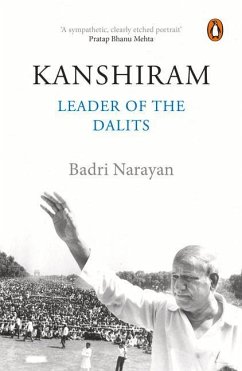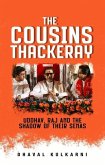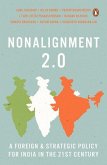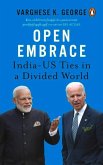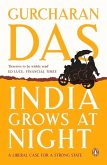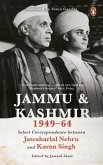Venerated as a Dalit icon, Kanshiram (1934-2006) is regarded as being next only to Ambedkar today. This book illuminates his journey, from the early years in rural Punjab and with Ambedkarites in Pune, to his launching BAMCEF, and eventually the Bahujan Samaj Party in 1984. Drawing on myriad oral and written sources, Badri Narayan shows how Kanshiram rouses Dalits' self-respect with his homespun idiom, cycle rallies and, uniquely, the use of local folk myths. In contrast to Ambedkar, who sought to annihilate caste, Kanshiram forged Dalit identity as a source of political empowerment and struck opportunistic alliances with higher-caste parties-a vision that his protégée, Mayawati, continues topursue. Narayan also describes Kanshiram's extraordinary relationship with Mayawati, right until his death. Authoritative and insightful, this is a rare portrait of the man who changed the face of dalit society and, indeed, of Indian politics.
Hinweis: Dieser Artikel kann nur an eine deutsche Lieferadresse ausgeliefert werden.
Hinweis: Dieser Artikel kann nur an eine deutsche Lieferadresse ausgeliefert werden.

